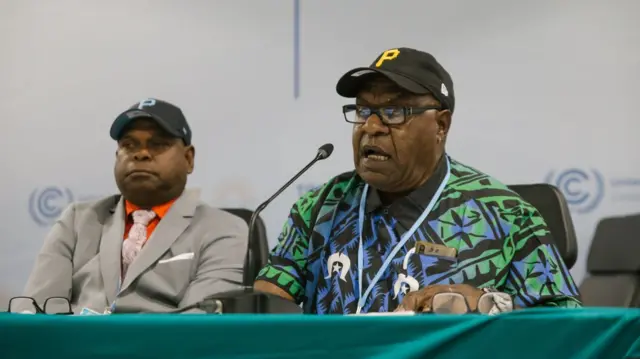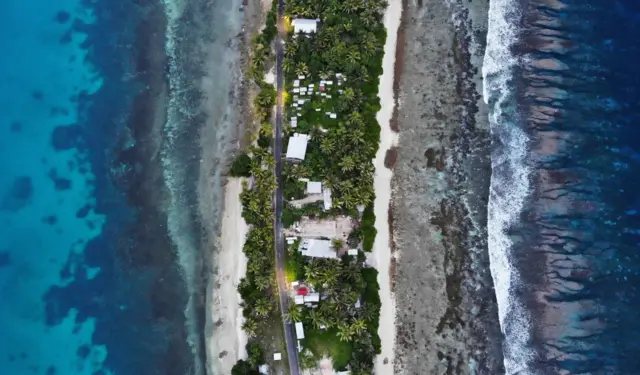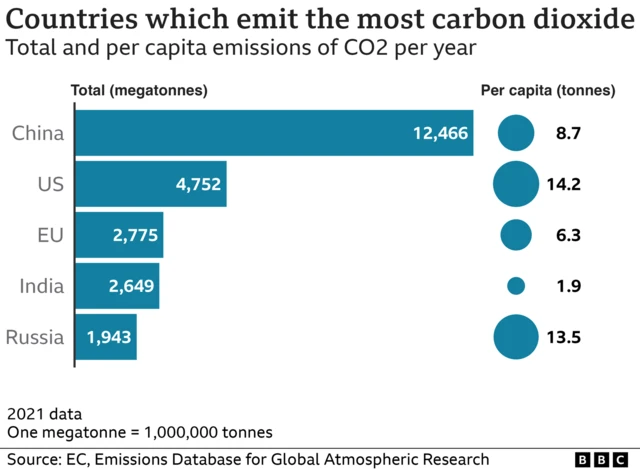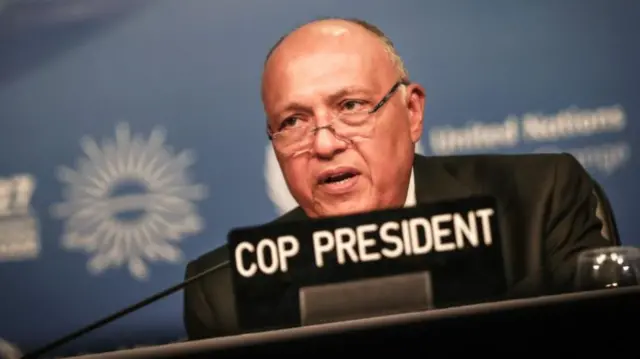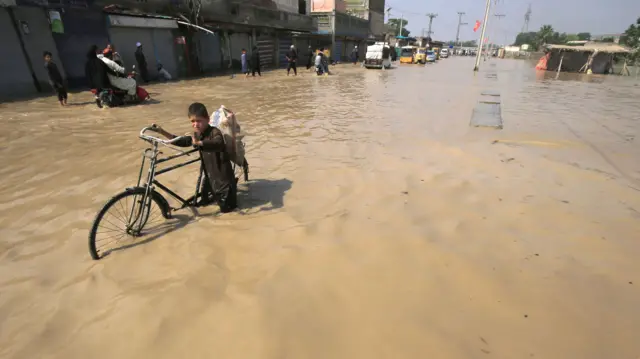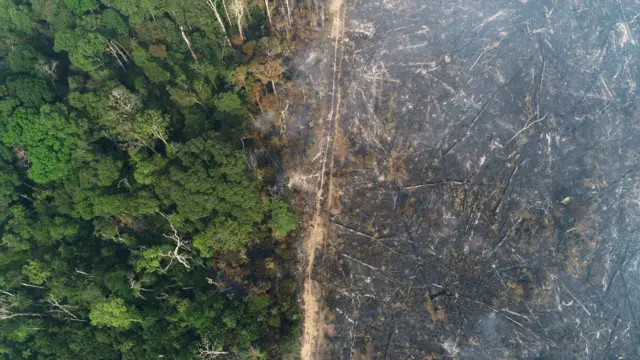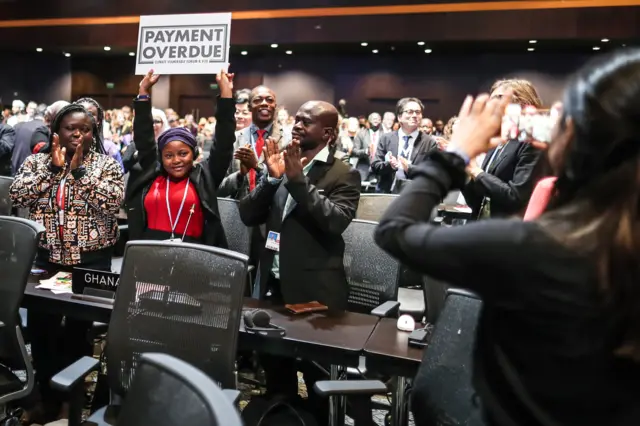Leaked proposal would delay loss and damage decisionspublished at 11:08 GMT 19 November 2022
 Justin Rowlatt
Justin Rowlatt
BBC Climate editor
Overnight details of a new proposal was leaked.
We understand it has been drawn up by a group of developed countries, including the UK, Australia and New Zealand.
We know it has been discussed with the EU, the US and some developing nations.
We cannot say for certain now, but it might just be the beginning of a compromise that countries can agree on.
The proposal agrees with developing nations that there should be a dedicated fund for the vexed issue of “loss and damage” - the impacts climate change is having on vulnerable nations right now.
It talks about lots of “parties” contributing to the fund. That means some of the big developing nations would almost certainly be included.
But the details would be decided by a taskforce which would report back next year.
A final decision on the arrangements would be made in 2024.
It means many of the really difficult questions - the details of who will pay and who should get the cash - would not need to be decided here.
Greenpeace are calling the proposal “underhand” and say it could undermine efforts to set up a loss and damage fund.
But the clock is ticking and negotiators will want to deliver some progress.
